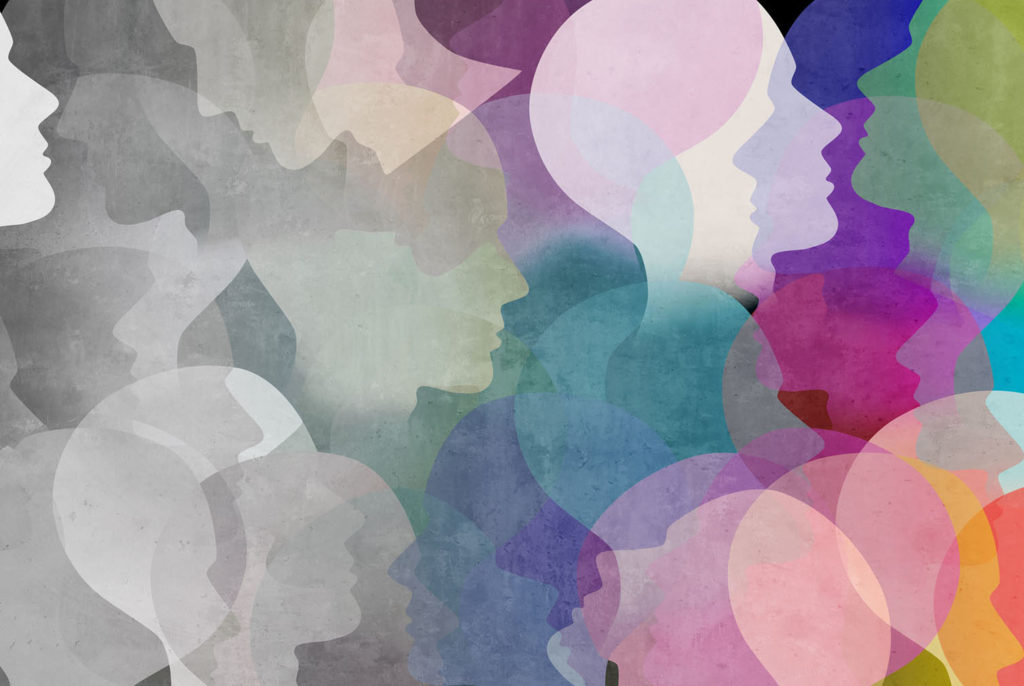There’s been a lot of talk over the last year about what it means to be an ally. it can feel overwhelming when you’re not a part of a community to learn how exactly to act, react, and assist when necessary. We learned a lot about walking in other people’s shoes in 2020, so we hope we can take away several key lessons to help people throughout Atlanta learn to be allies within diverse communities.
A Journey, Not a Destination
Being an ally isn’t a final achievement. There’s always more to learn and we will continue growing throughout our lives. Understanding that perfection isn’t the end goal can help you build better and healthier habits that will benefit yourself and the community.
Don’t be afraid to ask questions. If you mess up, apologize and move forward. Be willing to continuously learn and replace outdated modes of thinking with new ideas.
The Atlanta Immigrant Community
Atlanta has a large immigrant community, both documented and undocumented, who face challenges daily. Start by letting people know that you’re an ally and that you want to be of service. Stay informed on the subject and continue to update your information. For example, using terms like “illegal” or “alien” are ways to dehumanize people in the immigrant community, so avoid them.
It’s also important, not just for the immigrant community but to be an ally in general, that you recognize intersectionality. People aren’t just one category, many belong to multiple communities facing discrimination.
LGBTQ+ Concerns in Atlanta and Beyond
Like with any community currently facing challenges in Atlanta and beyond, ] LGBTQ+ people in our area are open and welcoming to those who seek to be allies. Many people don’t become active in allyship until they learn of a loved one who is LGBTQ+, but being an ally is not about you.
Read books and watch TV shows and movies that are inclusive or created by LGBTQ+ artists. Be a role model for others with the way you respond to family or friends coming out as LGBTQ+.
Readdressing Racial Equality
Throughout 2020, racial inequality topped headlines and the Black Lives Matter movement grew. Monuments commemorating the civil war were removed or debated. We saw big and small changes all across the country.
To be a better ally to BIPOC, it’s important to know there isn’t just one simple checkbox you can tick. Start by acknowledging privilege and practicing self-awareness. Learn from the BIPOC community and accept criticism that can allow you to make positive changes.
How can you strive to be a better ally?

